Conditions & Treatments
We offer personalized treatment for the range of symptoms associated with the neurocognitive and emotional consequences of acquired brain injury. With state-of-the-art technology, you will be able to virtually consult with our team of doctors and specialists from the comfort and security of your home.
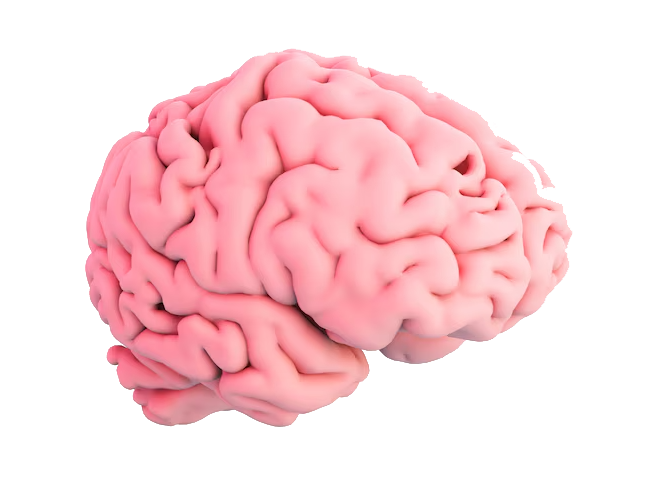
Neuropsychological Evaluation with Apex
Our team will assess your skills and abilities linked to brain function, such as intelligence, memory, attention, language, perception, sensorimotor functions, executive functions (incl. planning, reasoning, and problem-solving), emotional state, personality, and quality of life.
The assessment takes between 6–8 hours, and can be scheduled across multiple days. Areas addressed are determined by referral questions, the patient’s description of symptoms, and observations made during the administration of the test.
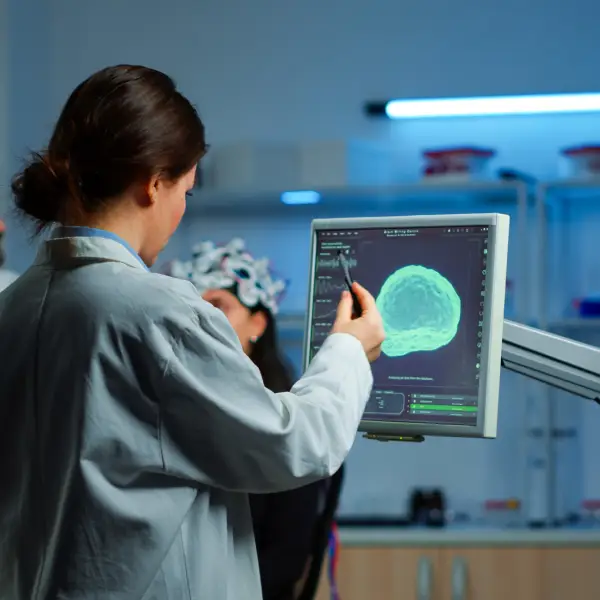
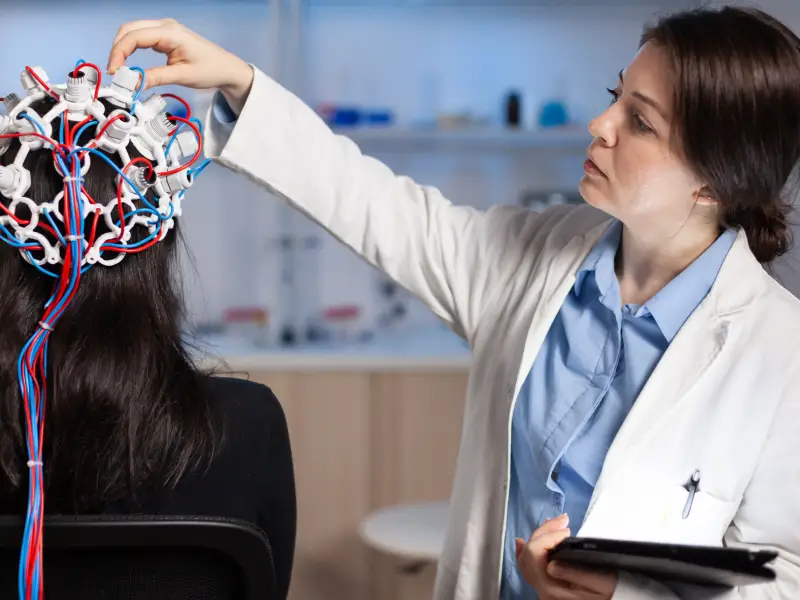
We address the unique needs of individuals facing challenges related to mental health, particularly those associated with physical injuries.

Comprehensive Treatment

Psychotherapy

Medication Management

Telehealth Services

Personalized Treatment

Affordable Treatment

Cognitive Behavioral Therapy

Patient Satisfaction Surveys

Treatment Planning

Cognitive Processing Therapy

Anxiety

Depression

PTSD

PCS

Headache

Dementia

TBI

Stroke
We address the unique mental health needs of individuals who have experienced physical injuries.

Anxiety
Following a physical injury, people may experience anxiety symptoms such as increased heart rate, restlessness, excessive worry, fear, difficulty sleeping, and irritability.
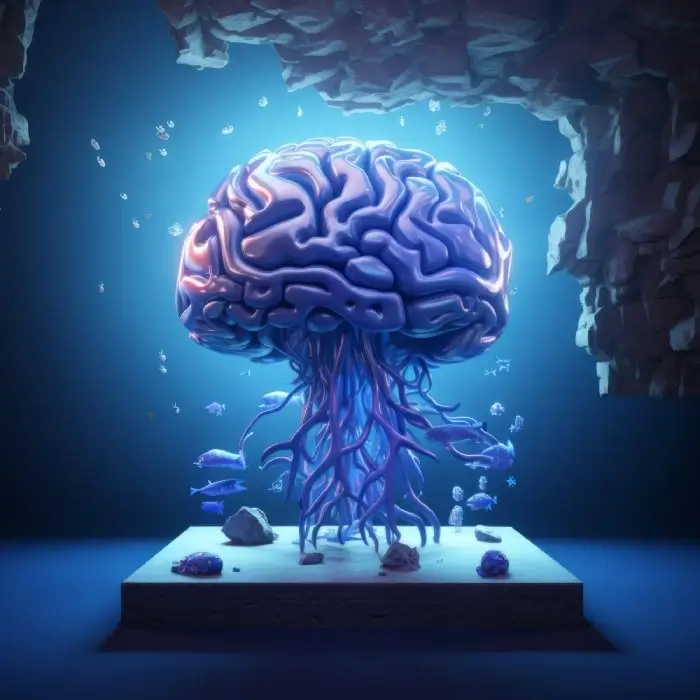
Depression
Depression often follows life-altering losses, with signs such as persistent sadness, loss of interest in activities, fatigue, lack of motivation, changes in appetite, difficulty sleeping, and feelings of hopelessness.

PTSD
PTSD symptoms may include intrusive thoughts, nightmares, severe anxiety, emotional numbness, difficulty sleeping, heightened reactions to reminders of the trauma, avoidance of places or activities related to the event, irritability, difficulty concentrating, and feelings of guilt or shame.
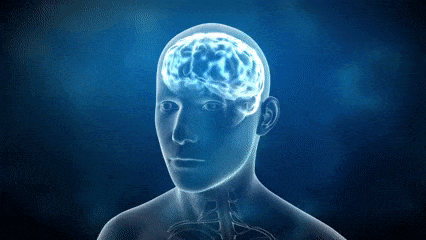
Headache
Headaches have varied causes and symptoms, making accurate diagnosis crucial. Types include tension, migraine, ocular migraine, cluster, sinus, hormonal, and exertion headaches.
We address the unique mental health needs of individuals who have experienced physical injuries.

Anxiety

Depression
Depression can commonly occur after a life-altering injury. Signs of depression may include persistent feelings of sadness or hopelessness, irritability, loss of interest in their usual activities, sleep disturbances, fatigue, changes in appetite.

PTSD
Symptoms of PTSD include experiencing intense, disturbing thoughts following a traumatic incident. Individuals may relive the traumatic event through flashbacks or nightmares and feel persistent sadness, fear, or anger.

Headache
Headaches vary widely in their causes and symptoms, making an accurate diagnosis crucial for effective treatment. Types of headaches include tension, migraine, ocular migraine, cluster, sinus, hormonal, and exertion headaches.
Treatment Options
Postconcussion syndrome is a condition that can occur after a traumatic brain injury, characterized by persistent symptoms such as headaches, dizziness, cognitive difficulties, and emotional changes.
Our team of experienced doctors and brain injury specialists can assess and clinically manage head injuries resulting from automobile accidents, falls, sports-related concussions, and neurological events associated with traumatic brain injury (TBI), such as posttraumatic headache and posttraumatic seizures. Patients with confirmed or suspected brain injuries will receive a comprehensive assessment and personalized treatment plan tailored to their specific needs. This may involve headache management, psychotherapy, pharmacological treatment, and/or cognitive rehabilitation, depending on the nature of the injury.
While the specific length and type of treatment depend on your circumstances, treatment is typically provided over the course of 15 sessions, occurring one to two times per week. Sessions usually last 50 minutes or more, depending on what’s best for your situation. Longer sessions are common if your injury is severe or if you require more comprehensive treatment or accommodations.
Patients will also receive at-home assignments several times a week to enhance their progress between sessions, helping them achieve faster and more substantial improvement.
Our clinicians offer specialized mental health treatments for individuals recovering from physical and neurological conditions. Our patients include those experiencing post-concussive symptoms, fear of driving following a motor vehicle accident, unmanageable chronic pain, concerns about workplace performance, interpersonal difficulties, and difficulties coping with injury-related losses.
Cognitive rehabilitation is a therapeutic approach aimed at enhancing cognitive functioning in individuals with brain injuries or neurological conditions, focusing on restoring skills or compensating for deficits. Our treatment interventions are tailored to help you perform specific tasks, enabling you to regain the quality of life you enjoyed before your injury, or as close to it as possible. As part of our program, we use evidence-based cognitive remediation training software (RehaCom®) to help clients restore abilities in attention, concentration, memory, executive functioning, problem-solving, processing speed, and other cognitive areas. This therapy can also be conveniently conducted via telehealth from the comfort of the patient’s home.

Verified Therapists
Our clinicians are vetted through background checks and state license-to-practice verification.

Patient-Centric
Customizable clinician-patient matching and continuous patient satisfaction surveys are performed.

Virtual Accessibility
Treatment is available over a state-of-the-art HIPAA-compliant videoconferencing platform or in person if the patient desires.
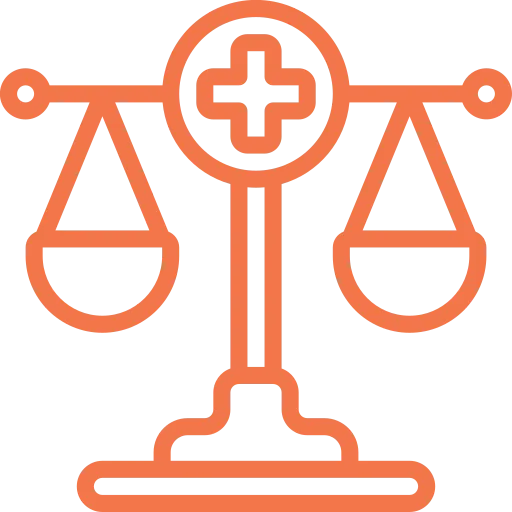
Inclusive Care Strategy
Third party non-recourse funding can be accepted for claimants to avoid treatment delays.
Contact Us
We’d love to hear from you. Call us at the number below or send us a message using the contact form and we’ll get back to you as soon as we can.
-
Apex Neurobehavioral Healthcare, LLC
4730 South Fort Apache Road,
Suite 280-A Las Vegas, NV, 89147 - info@apexneurohealth.com
- 310-642-9595
